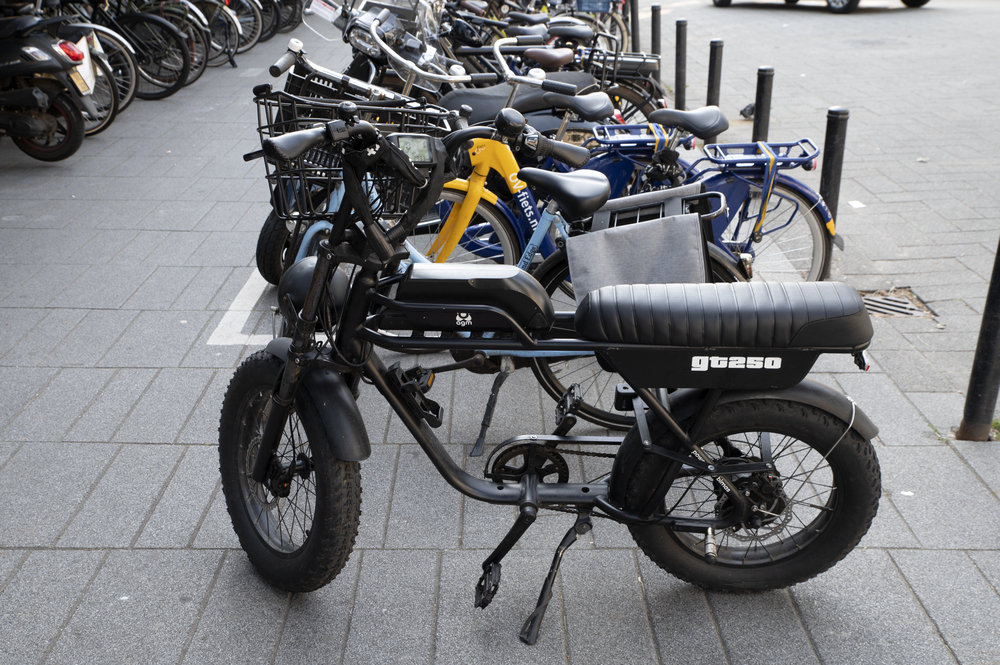Partner content
Sharp rise in fatbike-related injuries sparks safety concerns

The number of accidents involving fatbikes in the Netherlands has increased significantly over the past few months and personal injury specialists are reporting a notable increase in claims.
The bikes, with large tyres and a robust frame, have surged in popularity since moped users have been required to wear helmets. But so have the number of accidents involving them.
“Since the start of this year we’ve been asked by a growing number of people to help them take legal action against fatbike users,” says a claims specialist at Smart Letselschade, which helps consumers get compensation for both physical injuries and damage to their own bikes or cars.
“Hospitals are now seeing nearly 100 emergency room admissions per week due to these accidents, a figure that was zero just a few years ago.”
Liable for accidents
Fatbike accidents follow the same liability rules as other cycling incidents and this means motorists are often held partially liable, even if the cyclist is at fault. In collisions with a car, a fatbike rider is considered a ‘weak road user,’ meaning the driver’s insurer is liable for at least 50% of the cyclist’s damages, and 100% if the rider is a child under 14.
However, even though they have a motor, fatbike users do not have to have insurance, potentially complicating compensation claims. More than that, insurance companies are becoming increasingly unwilling to insure fatbikes at all, given the high theft rate as well as their involvement in accidents.
So where does this leave the motorist whose car was hit by a fatbike or the jogger who ends up with a broken leg after a fatbike drove into them?
Accident victims seeking compensation must establish that another party bears responsibility for their injuries and that can be easier said than done.
Help
“People often have no idea where to turn to for help,” says Smart Letselschade. “Our job is to guide them through the complex legal process, from securing a police report and holding the liable party accountable, to ensuring they receive full compensation for their injuries, all free of charge to the victim.”
Victims face several hurdles, including the high frequency of hit-and-run incidents and the difficulty of identifying the rider. Even when the rider is identified, the lack of mandatory insurance can lead to lengthy court cases to recover damages directly from the individual, who may not have the financial means to pay.
Meanwhile, efforts are being made to combat the fatbike menace. The five biggest Dutch cities are urging the government to let them ban fatbikes, e-scooters and other motor-powered vehicles from cycle lanes to prevent “total chaos”.
From 2027, teenagers under 18 will be required by law to wear helmets on e-bikes and fatbikes, the government said in August, and the police are ramping up their spot checks on fatbikes to make sure they have not been souped up to break speed limits.
Thank you for donating to DutchNews.nl.
We could not provide the Dutch News service, and keep it free of charge, without the generous support of our readers. Your donations allow us to report on issues you tell us matter, and provide you with a summary of the most important Dutch news each day.
Make a donation